Keywords: Coal
There are more than 200 results, only the first 200 are displayed here.
-
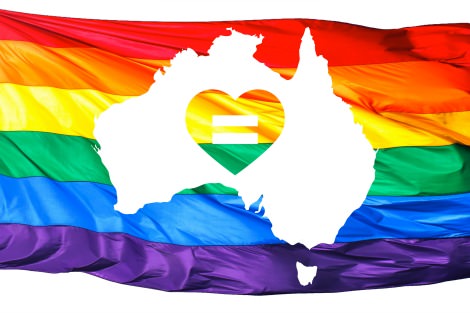
INTERNATIONAL
- Frank Brennan
- 16 October 2016
25 Comments
When the dust settles next year, maybe LGBTI advocates will see the wisdom in trying to convince the Labor party to reinstitute a free conscience vote on its side if only to force the Coalition to do the same. That way the parliament a few years down the track might be able to do what the LGBTI advocates want them to do now. If it were my call, I would have opted for the plebiscite in February with prompt parliamentary legislation to follow. But it's not my call.
READ MORE 
-
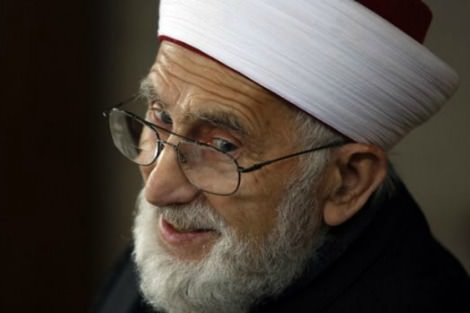
RELIGION
- Irfan Yusuf
- 04 October 2016
11 Comments
Fehmi Naji El-Imam, the former Grand Mufti of Australia who died last month, taught us at a time when we had no internet and books on Islam were limited. Politicised religion was all the craze. In Afghanistan, a coalition of local militias and foreign fighters, the Mujahideen, were receiving support from Western leaders. Conservative politicians praised them for taking on those nasty Soviet Communists. It was easy to be carried away, to have one's faith shaped by overseas events. I almost did.
READ MORE 
-
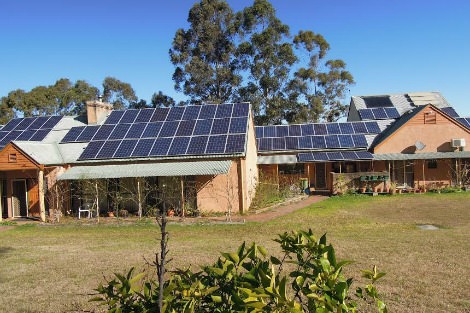
ENVIRONMENT
- Thea Ormerod
- 09 September 2016
10 Comments
With the grip of climate change tightening, few seem to understand the urgency of the crisis. This is why the announcement of over 3500 churches in the UK switching to clean power is so significant. At last, a solution presented by religious communities that matches the scale of the problem. They are providing the kind of leadership for the needed transition to an ecologically sustainable future. Unfortunately, one reason why it is so exciting is that we're nowhere near this in Australia.
READ MORE 
-
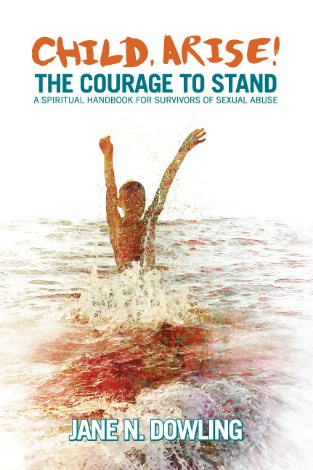
RELIGION
- Andrew Hamilton
- 01 September 2016
15 Comments
Dowling, who was a victim of clerical abuse, offers a program of reflections that bring together scriptural themes and the effects of sexual abuse. Most striking is the extraordinary labour required to purify the language of a tradition that has become polluted. This is vital not simply as a therapeutic exercise but as a condition for renewal and reconciliation. It may also be pertinent to wider society, where Brexit and the Trump phenomenon have been characterised by a coarsening of public language.
READ MORE 
-
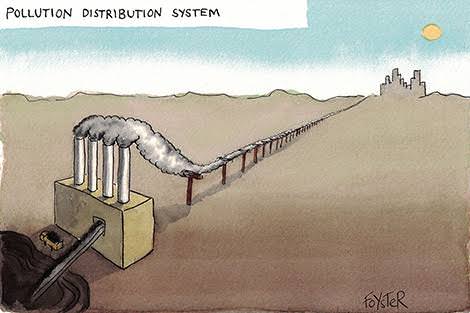
ENVIRONMENT
- Greg Foyster
- 26 August 2016
8 Comments
On 7 July, South Australia experienced a cold snap. As residents turned on their heaters, the still and cloudy conditions meant wind and solar power couldn't contribute much to meeting electricity demand. The last coal plant had closed a few months before, pushed out of the market by renewable energy. As if on cue, the spot electricity price spiked. Instead of a lesson about the danger of too much wind power, it's about the danger of too much market power in the hands of a few big players.
READ MORE 
-
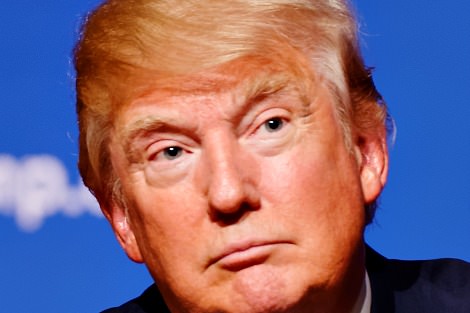
ENVIRONMENT
- Greg Foyster
- 03 August 2016
6 Comments
The neoliberal right is losing political power to the populist right, which isn't filled with the same ideological zeal for free-market capitalism. Suddenly debates can expand beyond the narrow confines of economic growth. Moral and social arguments won't be relegated to the intellectual fringes anymore. Mainstream parties of the left and right, both of which bought into the neoliberal agenda, will have to break their bipartisan dismissal of discontent with the side effects of globalisation.
READ MORE 
-
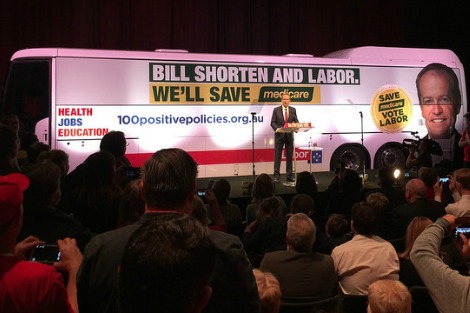
AUSTRALIA
- John Warhurst
- 05 July 2016
8 Comments
Turnbull's most pressing decision if he is returned will be what to do with Abbott, whether to bring him back into the ministry or leave him on the backbench with the promise of a future diplomatic posting. He will need to renegotiate the Coalition agreement with the Nationals from a position of weakness and in the context of both these decisions begin to think about what to do with the big issues of climate change, asylum seekers aand same sex marriage. He must not just gird his loins for many tough battles but recognise that the battlelines have been re-set to his disadvantage.
READ MORE 
-
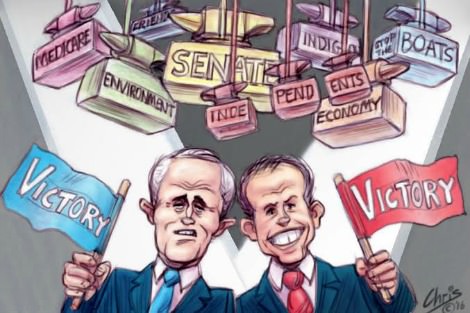
AUSTRALIA
- Andrew Hamilton
- 04 July 2016
17 Comments
After a plodding election race the stewards have called for a photo. But it looks more likely that Turnbull will be able to form a government. If so, he will need to address the interlocking challenges that we face in order to leave our children a world of possibility. The hope will be muted because both major parties promised little or nothing to address them. But we can take heart that there is certain to be an independently minded senate that can consequently strike down bad policies, and keep asking what kind of an Australia we want.
READ MORE 
-
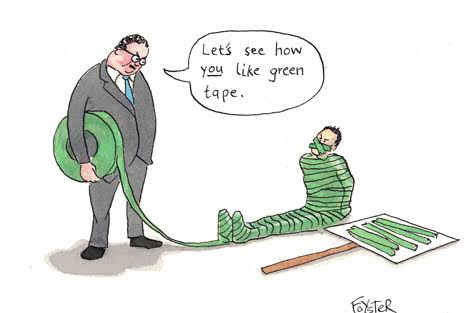
ENVIRONMENT
- Greg Foyster
- 01 July 2016
13 Comments
By the time polls close Saturday, tens of thousands of voters in marginal seats will have received 'election scorecards' from environment groups. Almost all will rate the Liberal Party worse than Labor or the Greens on a range of issues, from protecting the Great Barrier Reef to encouraging investment in clean energy. Privately, some Liberal candidates will be seething - and, if the Coalition wins, they'll have the means for brutal revenge.
READ MORE 
-

AUSTRALIA
- Catherine Marshall
- 24 June 2016
5 Comments
Facing his first election as leader of the Coalition, Turnbull announced that, if reelected, his party would spend $54 million on continuous glucose monitors for up to 4000 Type 1 diabetics under the age of 21. This impressive promise was a lightning rod to the children and small number of adults diagnosed each year with Type 1 diabetes. But it comes too late for Donna Meads-Barlow, who has campaigned tirelessly for government funding for CGMs, and upon whose efforts the government has finally taken action.
READ MORE 
-
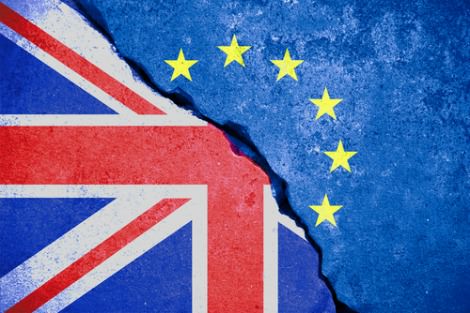
INTERNATIONAL
- Andrew Hamilton
- 23 June 2016
19 Comments
Some commentators in the Australian media have welcomed the prospect of Britain's leaving the EU. The founders of the union would recognise these commentators' hoped-for changes. They are precisely the conditions that contributed to the wars that they so feared: the xenophobia, disregard for human rights, chauvinism, military adventures entered by individual nations and competitive economic policies that alienated citizens and so bred authoritarian and ideologically inspired leaders.
READ MORE 
-
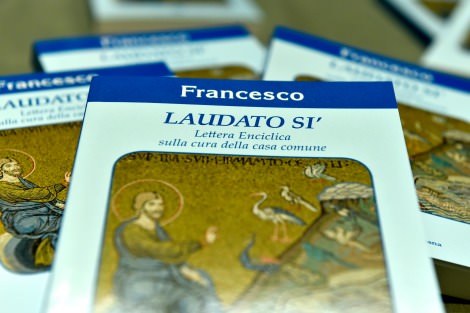
ENVIRONMENT
- Neil Ormerod
- 22 June 2016
23 Comments
It is now 12 months since Pope Francis issued his environmental encyclical Laudato Si'. He opined, 'Although the post-industrial period may well be remembered as one of the most irresponsible in history, nonetheless there is reason to hope that humanity at the dawn of the 21st century will be remembered for having generously shouldered its grave responsibilities.' Where are the Australian politicians who can give hope to the coming generation by focusing our attention on this most urgent issue?
READ MORE 